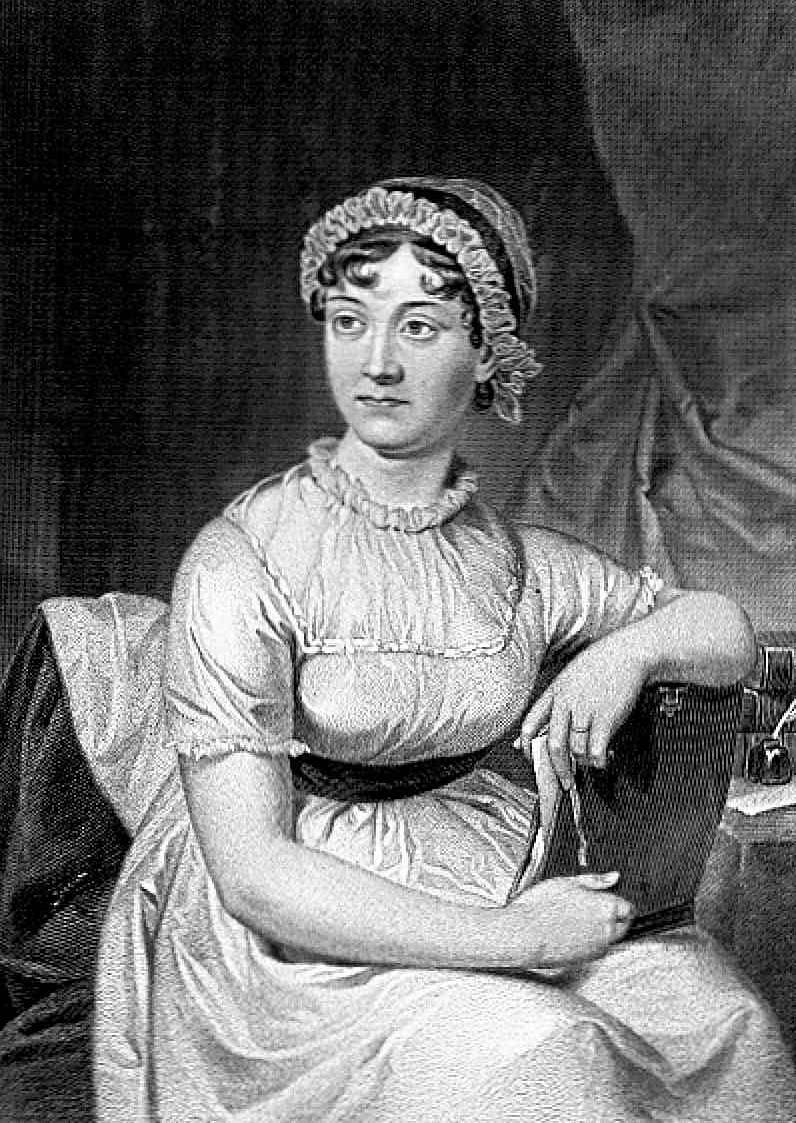
In the genre of classical romance, Jane Austen, with the standing exception of Charlotte Bronte, is the most eminent and beloved love story author of the past. Her timeless tales of courtship have been an inspiration to readers for centuries, an effect that has only grown with time, making her influence today greater than ever.
Though "Pride and Prejudice" is considered her central work, Jane Austen's brilliance was not limited to one masterpiece, instead, her equally excellent works, "Sense and Sensibility," "Emma," and "Persuasion" each branch out and explore different themes of romance to form a collectively insightful vision of the love.
Each of Austen's books centers around one primary female protagonist, making the focus of narration quite narrow, allowing her to keep the readers immersed in her heroine's story and making her twists all the more subtle and exciting as her audience shares the main character's surprise at the ever-changing set of circumstances dealt to them. More importantly than the perspective-lent plot immersion, though, are Austen's fascinatingly distinctive characters who each impart their own flavor to their narratives. For example, while Emma basks in childish fantasy and manipulation, "Pride and Prejudice's" Elizabeth Bennett uses her extensive wit and levelheadedness to subtly mock the men around her, primarily her eventual love interest, Mr. Darcy, and to foresee the danger of a number of poor decisions made by her friends and family.
Though they may be romances, and nary a single incident of violence or adrenaline-laced escapades can be found in her works, Austen's plots remain the hallmark of good love-storytelling as they contain numerous twists and unexpected circumstances that keep the constant social narration from getting to the point of suffocation. This illustrates a gift that few modern authors possess in the ability to keep a plot moving swiftly without the aid of anything apart from character development and dialogue.
Finally, morality is one of the finest and most distinctive traits of Austen's works and, indeed, of the classics as a whole. Though lacking the incredible depth of the masterpieces, "Anna Karenina" and "Madame Bovary,"Austen's novels explored the destructiveness of intimacy outside of marriage in the characters of (spoiler) Mr. Wickham and Mr. Elliot (end of spoiler), themes that were maturely explored in a manner of didacticism that is uncommonly effective. Austen also highlighted her strong morality by making the values of her characters, or lack thereof, into an important plot mechanism. For instance, while Frank Churchill's deception very nearly turns his plot into a full tragedy and Mrs. Bennett's utter lack of self-control almost ruins her daughter, Jane's, chances at marrying her love, Mr. Bingley, Anne Elliot's steadfast, and oft-tested, loyalty to Captain Wentworth surpasses all obstacles and brings her to a blissful and satisfying conclusion.
In an age when romantic writing has been suffocated in a deluge of vampires, lust, and weepy works of inanity, it's easy to forget about the older novels of antiquity that redefined the love story and offered intelligent and engaging narratives of courtship, a distinction that was well-earned by Jane Austen.
No comments:
Post a Comment